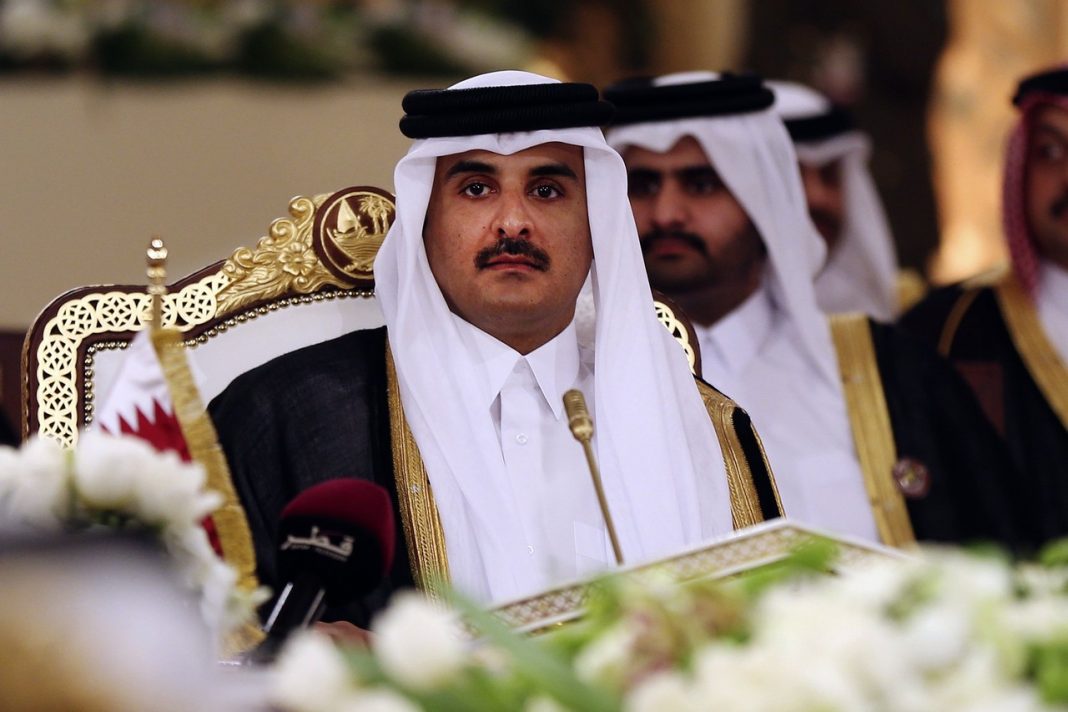How did ISIS obtain mustard agent in fight against Kurds?
Brooklyn Middleton/Al Arabiya/August 16/15
Mounting evidence indicates ISIS militants targeted Kurdish fighters with mustard agent in northern Iraq earlier this week. While Kurdish sources have claimed that ISIS cadres have carried out at least several other chemical weapon attacks in both Syria and Iraq, injuring dozens of Kurds, since July 2014, this is the first time the international community has immediately responded to such claims. The United States publicly confirmed that it is currently assessing credible intelligence involving the assault, noting that, “U.S. intelligence agencies thought ISIS had at least a small supply of mustard agent even before this week’s clash with Iraqi Kurdish fighters.” Most crucially, the WSJ also noted that this report, “hadn’t been made public.” There was no indication U.S. officials had shared this piece of intelligence with Kurdish fighters prior to the latest CW attack. If this knowledge was in fact not shared, it would represent the USA’s latest failure in dealings with the Kurds. Meanwhile, Rudaw has since published photographs, reportedly showing blisters on fighters’ bodies that are apparently consistent with injuries sustained in a mustard gas attack.
Continued chemical weapon attacks in the region were not an inevitable product of the ongoing, bloody Syrian conflict.A myriad of questions regarding how ISIS obtained mustard agent abound; amid widespread scepticism regarding the Russia-U.S. backed Assad regime chemical weapons ”deal” – that egregiously and absurdly allowed the Assad regime to self-report their inventory – it cannot be ruled out that such agents were seized from unsecured CW sites in Syria. In yet more unparalleled reporting from the WSJ in late July, an article noted that chemical weapon inspectors were, “…suspicious of Syria’s claim to have only 20 tons of ready-to-use mustard agent…U.S. intelligence agencies expected the Syrians to have hundreds of tons.”
Syrian regime’s use of chlorine gas
At the same time, failures of the chemical weapons deal – which completely excluded chlorine gas, a favourite of the Assad regime – continue to wreak havoc on Syrian civilians. In the newest reports, Syria’s true heroes, The White Helmets” posted photographs of an unidentified gel-like substance, that was packed into barrel bombs and dropped onto the town of Daraya. At least one UK-based analyst assessed that the substance was very likely napalm.
Continued chemical weapon attacks in the region were not an inevitable product of the ongoing, bloody Syrian conflict; the international community’s failure to seriously address the Assad regime’s massive Sarin attack nearly two years ago set a new level of acceptance for such brutality. Every chlorine attack carried out by the regime with impunity since has reinforced the notion that low-level chemical weapon attacks are now an acceptable method of warfare. At the same time, the ramifications of the disastrous plan to allow the Assad regime to self-report its own chemical weapons inventory are likely to continue indefinitely.
Perhaps it is worth noting that other features of the Syrian conflict, widespread, systematic torture and indiscriminate barrel bombings, are no less barbaric than chemical weapon attacks. But the chemical weapons initiative was one of the only ways the West, specifically the U.S., has ever actually confronted the Assad regime over its continued massacres.
Moreover, the West has mostly abandoned Syrian refugees, has repeatedly allowed the Syrian regime to treat humanitarian issues as bargaining chips and in the latest representation of a failure to communicate with sources on the ground, may have killed at least five Syrian children. As the chemical weapons deal continues unravelling, the U.S. should be pressured to revisit the deals shortcomings; in the meantime, there are few reasons to assess the region will not see continued chemical weapon attacks – by both ISIS and the Assad regime.
The Qatari Offer to Mediate between Cairo and the Muslim Brotherhood
Ali Ibrahim/Asharq Al Awsat/August 16/15






















